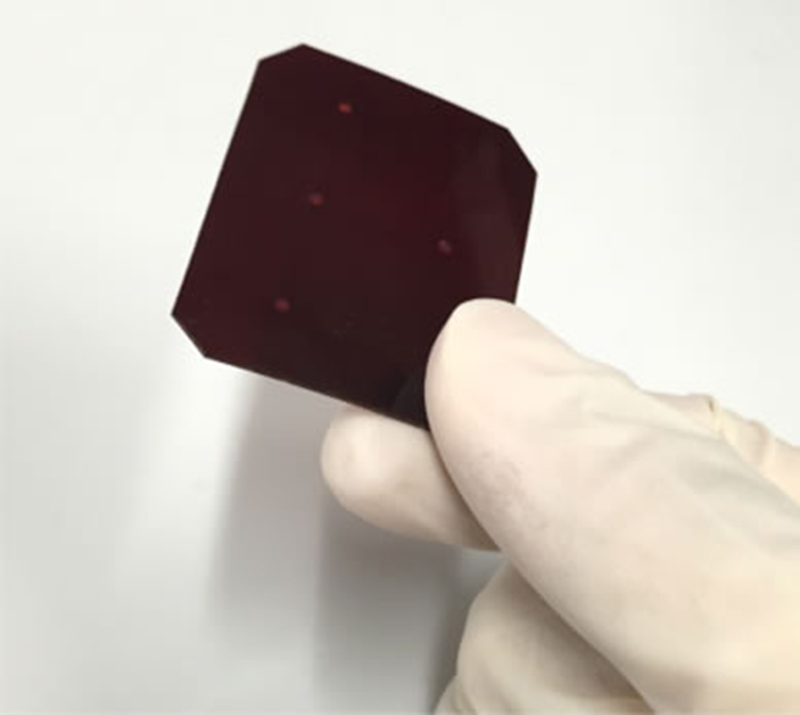New micromachine by Kyoto and POSTECH saves reaction time wasted in flasks
A millisecond is barely noticeable in our day to day lives, but managing a tenth of a millisecond can be a game-changer for certain chemical synthesis.
Jun-ichi Yoshida and Heejin Kim from Kyoto University and researchers from POSTECH, Korea, announced recently in Science the development of a micro-scale device which reduces the time needed for chemical reactions to 0.00033 seconds. A newly developed chip microreactor (CMR) aids chemical reactions requiring delicate intermediates, offering promise for chemical synthesis on an industrial scale.
Chemical reactions can be just like cooking, where time control is key. If reactions are extremely fast, one of the most time-consuming steps is mixing a solution. Some reactions fail when mixing takes too long, as crucial middle-stage products decompose in a matter of milliseconds. When using traditional tools like flasks, middle-stage products can decompose even before the second materials are introduced.
The small size and meandering pathways inside CMRs radically reduce time that would otherwise be spent on traditional methods of mixing. CMRs look like oversized SD memory cards. Inside each device, there are very small channels that are only as wide as a single piece of hair. The volume of fluid that can be held inside the mixing part of CMR is so miniscule that it would take thousands of chips to store a single drop of water. In addition, the pipes twist and turn to prompt chemical reactions.
When compared with conventional micro-scale devices, the team found that CMRs take only a tenth of the time usually required. On top of this time benefit, CMRs don't generate unwanted, similarly-structured by-products unlike with conventional devices.
The team further notes that stacking multiple CMR systems could make new, scalable chemical synthesis possible .(by B olin Mao)

Chip microreactors (pictured above) reduce mixing time to 0.00033 seconds
Paper Information
【DOI】
http://dx.doi.org/10.1126/science.aaf1389
Heejin Kim, Kyoung-Ik Min, Keita Inoue, Do Jin Im, Dong-Pyo Kim, Jun-ichi Yoshida. (2016). Submillisecond organic synthesis: Outpacing Fries rearrangement through microfluidic rapid mixing. Science, Vol. 352, Issue 6286, pp. 691-694





